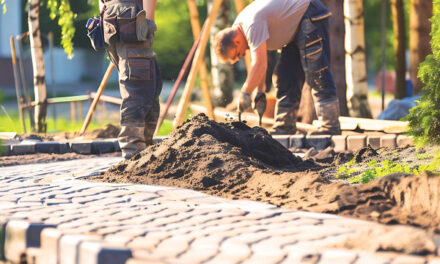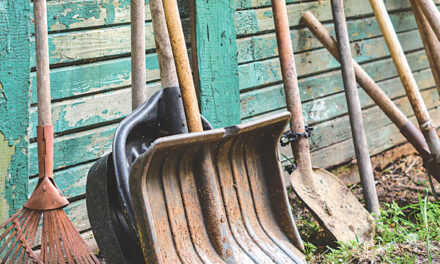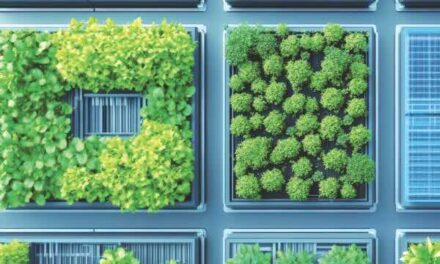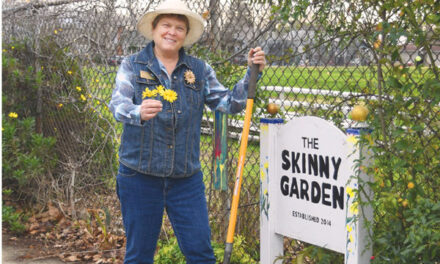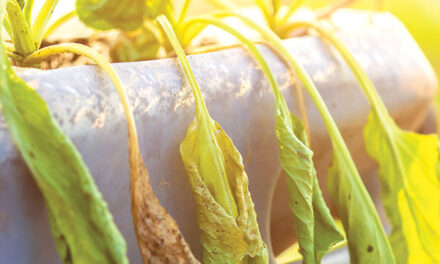My millennial son asked if it’s possible to grow summer vegetables indoors. A large, rambunctious dog roams his backyard, which resembles Road Warrior terrain.
It wasn’t the site question that intrigued me, but his reason for growing his own food for the first time—nutritional and health benefits. He and my daughter-in-law are workout fanatics. They’re extremely particular about ingredients they use in meals.
It was only a matter of time before they stopped “borrowing” my fruits and vegetables and explored their own home garden.
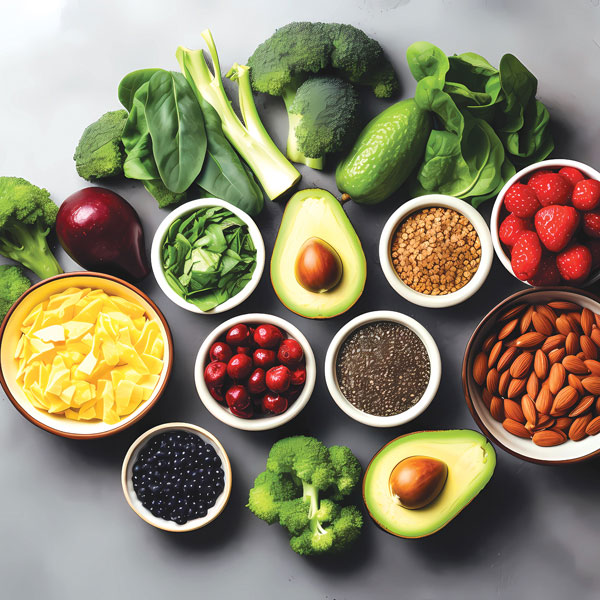
A National Gardening Association study found more than 18 million new gardeners spawned during the pandemic. Millennial gardeners increased 65%, Gen Z gardeners 44%.
Both groups are interested in the environment and healthy living. These were children who pushed peas under the last bite of mashed potatoes when Mom looked away. Now they grow peas.
Sacramento benefits from a long summer growing season and relatively mild winter. An extended summer of warmth and sunlight results in sweeter and better tasting produce with higher, nutrient-rich yields.
Our home gardens are tiny pharmacies, bottles of supplements and mini med clinics to help balance out jelly donut consumption.
Eating well revolves around choices. Peppers are among the most nutritious veggies, along with spinach, carrots, kale, garlic, collard greens and sweet potatoes. Peppers are loaded with essential vitamins, antioxidants and fiber. They are low-calorie, with around 30 calories in a bell pepper.
Lucky for us, peppers are easy to grow. The little guys love warm weather.
Research studies and less scientific polling always places tomatoes as the overwhelming favorite summer garden treat. Tomatoes are stuffed with Vitamin C and antioxidants, especially lycopene. Lycopene helps combat heart disease and some cancers. Behind the revered tomato in popularity are peppers, cucumbers, green beans and squash.
Blueberries, apples and citrus fruit are healthy additions to gardens. Blueberries have been elevated to the “superfood” category, along with peppers, tomatoes, avocados, spinach, garlic, onions, kale and a few other home garden choices. A superfood has an abundance of nutritional benefits, including antioxidants, minerals and vitamins.
Spanning all age groups, vegetables still fall under two categories, yuck or yum. Taste buds are notorious tricksters. People instantly decide personal winners and losers.
Kale and cilantro are a couple of love ’em or spit ’em hall of famers. Both are cool weather vegetables.
Eggplant is a polarizing choice. Several varieties of eggplant are gorgeous to behold. But try to give one away. “I don’t eat eggplant” or “What do you do with it?” are common refrains.
Grow what you or your family enjoy eating and what neighbors find palatable. There’s no nutritional value in uneaten produce.
As we contemplate which edibles to buy and plant, consider other healthful aspects. Some folks feel more comfortable knowing they prepared the soil themselves. Home gardeners eliminate or greatly reduce pesticide use and monitor applications of what and how much fertilizer. Market produce is apt to be loaded with pesticides and fertilizers.
Environmentally conscious gardeners consider carbon emissions connected to growing food. Growing at home eliminates a fraction of transportation energy concerns.
Grocery store produce suffers reduced nutritional value and flavor because of time spent in storage and transit. It was bred to look pretty, but not necessarily to have an attractive taste. Bite into a supermarket tomato for proof.
Choose garden fruits and vegetables wisely. Buy seed packets and nursery plants for good health and divine flavor.
Nurture your produce and respect its value. Should you decide to forego growing edibles this year, our wonderful farmers markets can fill needs. Yes, we are truly blessed.
Dan Vierria is a University of California Cooperative Extension Master Gardener for Sacramento County. He can be reached at masterg29@gmail.com. For answers to gardening questions, contact the UCCE Master Gardeners at (916) 876-5338, email mgsacramento@ucanr.edu or visit sacmg.ucanr.edu. Follow us on Facebook and Instagram: @insidesacramento.



